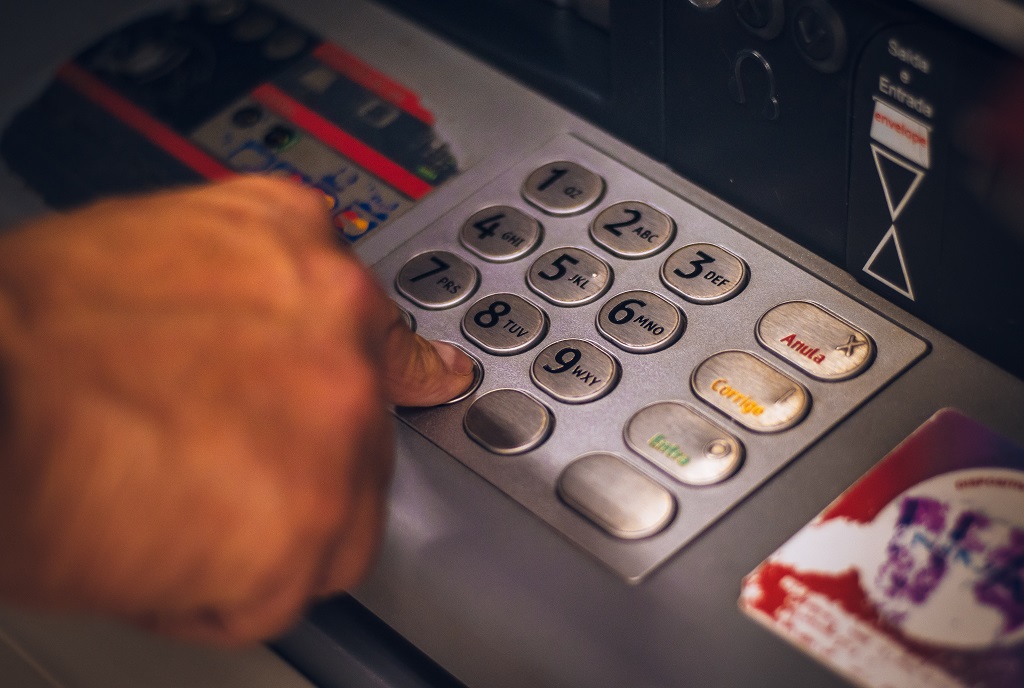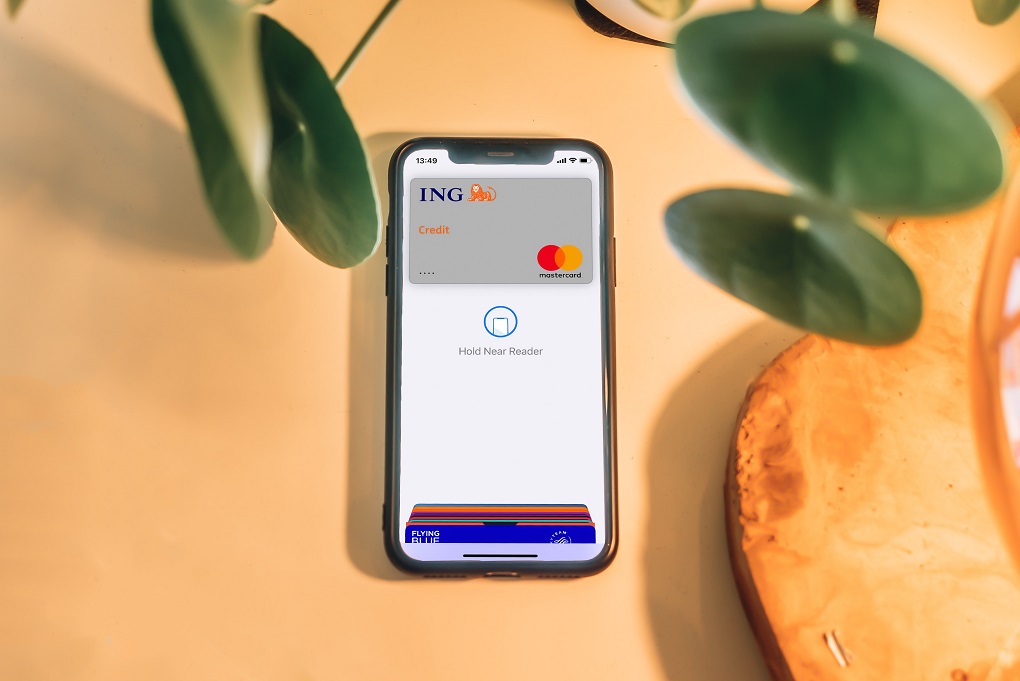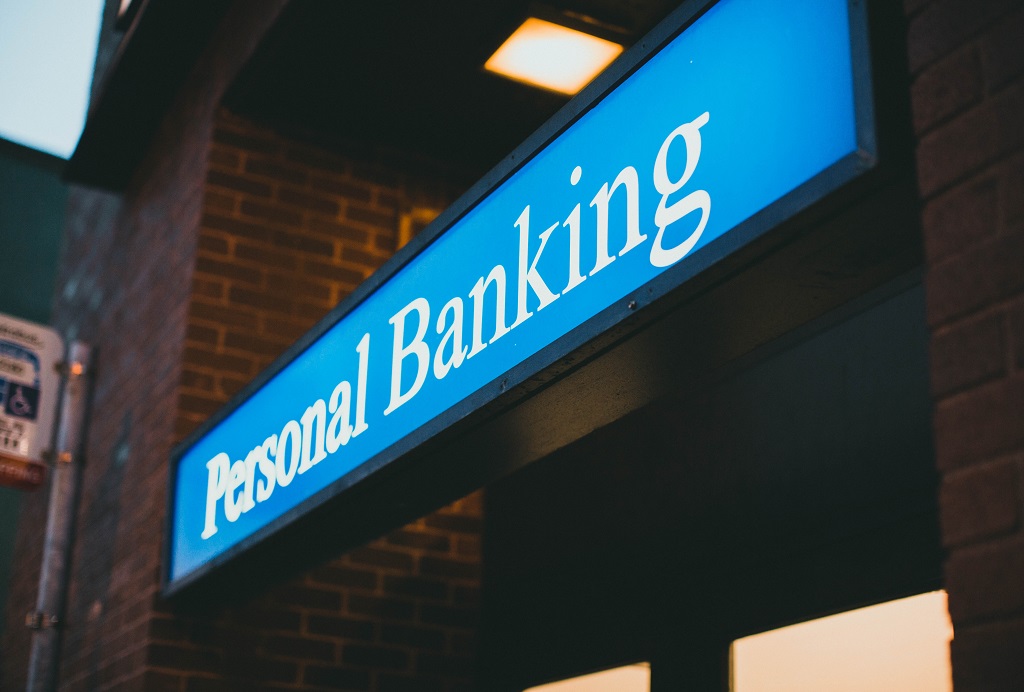
As a business owner, your financial security is paramount. Unfortunately, with the rise of online banking and digital transactions comes an increase in banking fraud. From phishing scams to identity theft, there are countless ways for cybercriminals to steal from you and your business. But fear not! In this guide, we'll show you how to identify different types of banking fraud and provide practical tips on preventing it from happening in the first place. So sit back, grab a cup of coffee, and let's get started on safeguarding your hard-earned money!SourceMoneyGuru-https://www.mgkx.com/4356.html
What is Banking Fraud?
Banking fraud is a broad term that refers to any criminal activity carried out against banking institutions or individual bank account holders. It involves the use of deception, manipulation, and theft for financial gain. Fraudsters can target individuals or organizations through various channels such as email, phone calls or even in-person interactions.SourceMoneyGuru-https://www.mgkx.com/4356.html
There are numerous types of banking fraud schemes, including phishing scams that trick people into providing sensitive information like usernames and passwords; ATM skimming where criminals attach devices on ATMs to steal card details; and identity theft which involves stealing personal information to commit fraudulent activities.SourceMoneyGuru-https://www.mgkx.com/4356.html
Banking fraud not only causes financial losses but also damages the reputation of banks and businesses involved. That's why it's essential for both individuals and companies to take proactive measures to safeguard their accounts from potential threats.SourceMoneyGuru-https://www.mgkx.com/4356.html
By familiarizing yourself with the different types of banking fraud, you'll be better equipped to identify suspicious activity before it's too late.SourceMoneyGuru-https://www.mgkx.com/4356.html
The Different Types of Banking Fraud
 SourceMoneyGuru-https://www.mgkx.com/4356.html
SourceMoneyGuru-https://www.mgkx.com/4356.html
Banking fraud comes in many different forms, and it's important for business owners to be aware of the various types. The first type is check fraud, which involves altering or forging checks to obtain funds illegally. This can be done by adding a zero to the end of a check amount or changing the payee name.SourceMoneyGuru-https://www.mgkx.com/4356.html
Another common type is credit card fraud, where unauthorized charges are made on a business's credit cards. Skimming is also an increasingly popular form of banking fraud that involves stealing credit card information through devices placed on ATMs or other card readers.SourceMoneyGuru-https://www.mgkx.com/4356.html
Phishing scams involve tricking people into sharing their personal and financial information through fake emails, websites, or phone calls. Business email compromise (BEC) is another growing threat where scammers impersonate executives or vendors to trick employees into transferring money.SourceMoneyGuru-https://www.mgkx.com/4356.html
There are account takeover attacks where hackers gain access to legitimate accounts and make fraudulent transactions from them without the owner’s knowledge.SourceMoneyGuru-https://www.mgkx.com/4356.html
Being aware of these different types of banking fraud can help businesses take necessary precautions against them.SourceMoneyGuru-https://www.mgkx.com/4356.html
Preventing Banking Fraud
Preventing banking fraud is essential for safeguarding your business and its financial assets. There are several measures you can take to protect yourself from falling victim to fraudulent activity.SourceMoneyGuru-https://www.mgkx.com/4356.html
One of the most effective ways to prevent banking fraud is by implementing strong internal controls within your organization. This includes limiting access to sensitive financial information, regularly monitoring transactions, and ensuring that all employees understand best practices for preventing fraud.SourceMoneyGuru-https://www.mgkx.com/4356.html
You should also consider using secure payment methods such as wire transfers or electronic funds transfers (EFTs) instead of checks whenever possible. These methods require authentication before funds can be transferred, making them more difficult for fraudsters to exploit.SourceMoneyGuru-https://www.mgkx.com/4356.html
Regularly reviewing bank statements and transaction histories is another important step in preventing banking fraud. Any suspicious activity should be reported immediately so that it can be investigated promptly.SourceMoneyGuru-https://www.mgkx.com/4356.html
It's crucial to stay informed about the latest types of banking scams and threats facing businesses today. By being aware of these risks and taking proactive steps to mitigate them, you can help ensure the long-term financial health of your organization.SourceMoneyGuru-https://www.mgkx.com/4356.html
Signs that Your Business May Be a Victim of Banking Fraud
 SourceMoneyGuru-https://www.mgkx.com/4356.html
SourceMoneyGuru-https://www.mgkx.com/4356.html
As a business owner, it is important to stay vigilant for any signs of banking fraud. Here are some red flags that could indicate your business may be a victim:SourceMoneyGuru-https://www.mgkx.com/4356.html
Firstly, keep an eye on unusual transactions or withdrawals from your account. If you notice an unexpected transfer or payment to an unfamiliar recipient, this could be a sign that someone has gained unauthorized access to your bank account.SourceMoneyGuru-https://www.mgkx.com/4356.html
Secondly, if you receive notifications or statements for accounts that you did not open or authorize, this should also raise concern. It's possible that someone has used your personal information to create new accounts in order to commit fraudulent activity.SourceMoneyGuru-https://www.mgkx.com/4356.html
Thirdly, always check the legitimacy of emails and phone calls claiming to be from your bank. Scammers often pose as representatives from financial institutions and request sensitive information such as passwords and social security numbers.
Monitor any changes made by authorized users on your account without proper notification. This includes newly added users with suspicious credentials or modified user permissions which allow them greater authority over finance management tasks.
By recognizing these warning signs and staying alert against suspicious activity on your banking records can help safeguard your business against potential threats before they cause major damage.
Reporting Banking Fraud

If you suspect your business has been a victim of banking fraud, it is essential to report it immediately. Reporting the crime can not only help prevent further damage but also aid in catching those responsible.
The first step is to contact your bank and inform them of any fraudulent activity on your account. The bank will investigate the matter and take necessary actions such as freezing the account or refunding stolen funds.
It is also important to file a police report with local law enforcement agencies. This will help create a record of the incident, which can be used as evidence later in court proceedings.
In addition, reporting banking fraud to relevant authorities such as the Federal Trade Commission (FTC) or Financial Crimes Enforcement Network (FinCEN) can provide valuable resources and assistance in preventing future incidents.
Remember that reporting banking fraud promptly increases the chances of recovering lost funds and bringing perpetrators to justice.
Conclusion
In today's digital age, banking fraud has become a major threat to businesses of all sizes. It is, therefore, imperative for business owners and managers to be vigilant in identifying and preventing banking fraud.
As outlined in this guide, there are various types of banking fraud that can affect your business, including phishing scams, identity thefts, and invoice frauds. The good news is that there are steps you can take to prevent these fraudulent activities from occurring.
By implementing the recommended preventive measures such as securing your online accounts with strong passwords and two-factor authentication methods or vetting new vendors before signing contracts with them; you can safeguard your business against banking fraud.
It's also essential to stay informed about current trends in banking fraud so that you remain alert to any suspicious activity within your accounts. Always report any suspected fraudulent activity immediately either by contacting your bank or local authorities.
Protecting your business from the costly consequences of financial loss due to banking fraud requires proactive efforts on the part of every member of the organization. By following the tips provided above and maintaining constant vigilance over financial transactions, businesses can mitigate their risk exposure towards potential cyberattacks while ensuring long-term sustainability.












